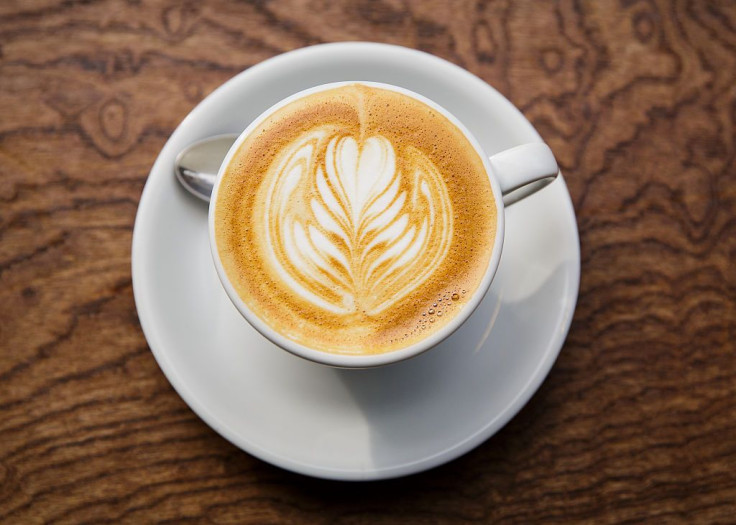Sorry Caffeine Lovers, A Cup Of Coffee Makes It Harder To Recover From Temporary Noise-Induced Hearing Loss

Fireworks. Subway trains. Front row at a rock concert. The level of noise people are exposed to in these settings are all above, if not right up against the threshold of the level we can sustain before risking hearing loss — about 90 to 95 decibels (dB). And according to a new JAMA study, if you want any chance of recovering from temporarily impaired hearing, you’ll stay away from caffeine.
This is a special kind of horror, as Munchies points out a cup of coffee is the first thing concert- and rave party-goers use to bounce back the next morning. But researchers from the McGill University Health Centre in Canada found that firing up the Keurig may do more harm than good. "When the ear is exposed to loud noise, it can suffer from a temporary hearing reduction, also called auditory temporary threshold shift,” Dr. Faisal Zawawi, an otolaryngologist at McGill, said in a press release. “This disorder is usually reversible in the first 72 hours after the exposure, but if symptoms persist, the damage could become permanent.”
Given the prevalence of coffee consumption and noise-related hearing loss, Zawawi and his colleagues were curious to see if the former might affect hearing recovery. They divided 24 female guinea pigs into three groups, where group one was exposed to caffeine; group two was exposed to noise or “acoustic overstimulation”; and group three was exposed to both caffeine and overstimulation. Guinea pigs were exposed to sound not unlike what you hear at a rock concert, about 110 dB, for one hour. The next day the animals experienced hearing loss, and eight days after that, the rodents in group two — noise only — were the only ones to make a full hearing recovery.
Zawawi believes this research confirms that drinking caffeine after being exposed to loud noises poses more of a risk than benefit when it comes to a person’s hearing. Although, he added, “further research is required to understand the effect on humans, the results are promising.”
According to the National Institute on Deafness and Other Communication Disorders (NIDCD), approximately 15 percent of Americans between ages 20 and 69 have hearing loss that may have been caused by exposure to noise at work or just on a leisurely day off. It’s a gradual decline, one people may not notice at first. Louder noises, like gunshots and explosions, can rupture the eardrum or damage the bones in the middle ear for more immediate, permanent damage.
The good news is that this is the only type of hearing loss that can be prevented. If you can’t reduce the noise or protect yourself from it, whether it be wearing earplug or other protective devices, then move away from it, the NIDCD advises.
Your distance from the source of the sound and the length of time you are exposed to the sound are also important factors in protecting your hearing. A good rule of thumb is to avoid noises that are too loud, too close, or last too long. And if you suspect you’ve already been affected, make an appointment to have your hearing tested.
Source: Zawawi F, Bezdjian A, Mujica-Mota M, Rappaport J, Daniel SJ. Association of Caffeine and Hearing Recovery After Acoustic Overstimulation Events in a Guinea Pig Model. JAMA Otolaryngology. 2016.
Published by Medicaldaily.com



























